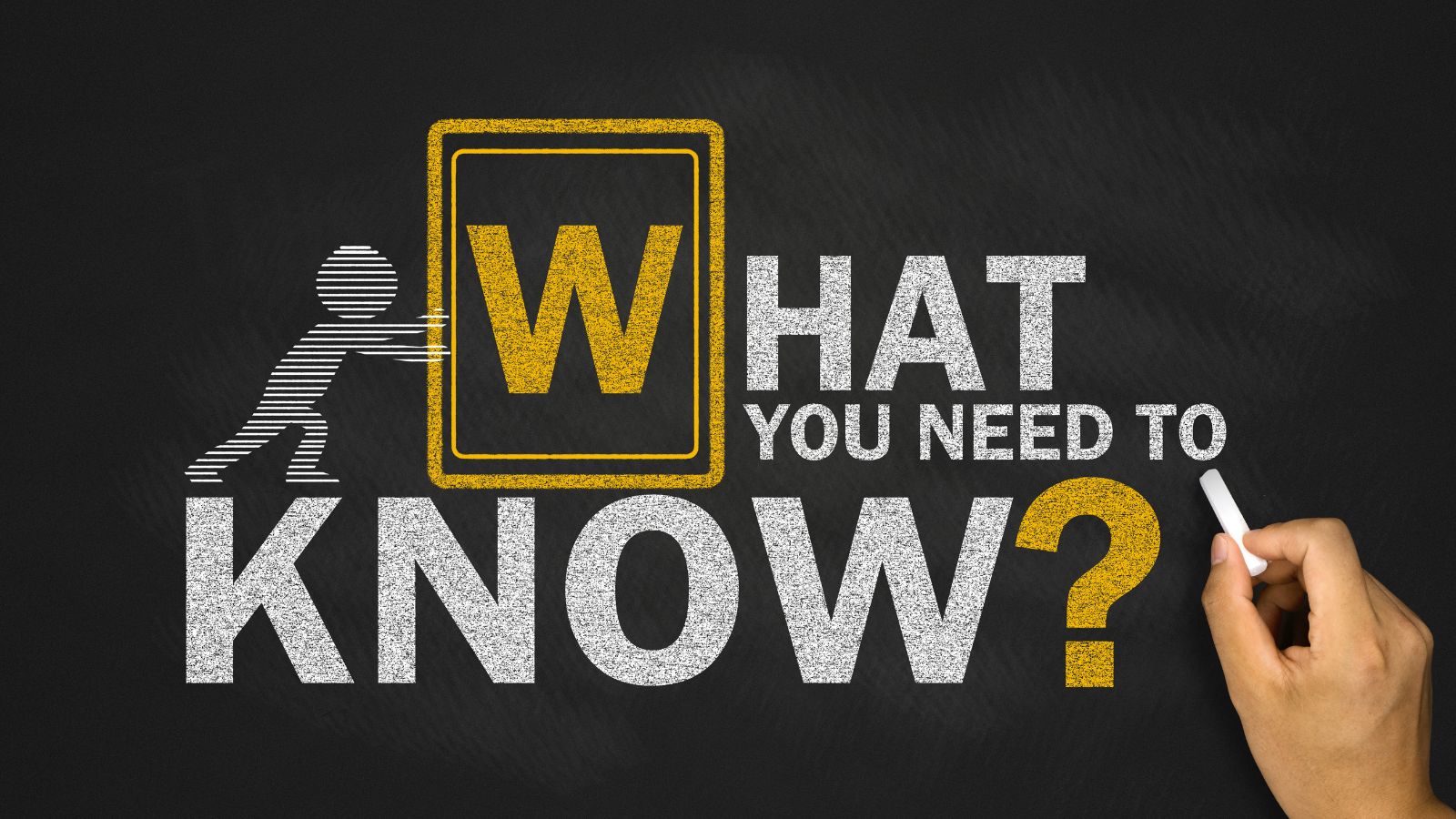
Understanding the new 'Side Hustle Tax' rules effective 1 January 2024
10 Jan, 20242 minutesAs of 1 January 2024, a significant change in the tax reporting landscape, commonly referred...

As of 1 January 2024, a significant change in the tax reporting landscape, commonly referred to in the media as the "Side Hustle Tax," came into effect. This change primarily affects online sellers and individuals who earn from activities like letting out rooms, but it's crucial to understand that it does not alter your tax position, only the method by which HMRC collects information.
What's changing?
The new regulations mandate online platforms such as eBay, Deliveroo, Etsy, Vinted and Uber to name just a few, to gather and report information about their users to HMRC. This includes a wide range of activities, from selling second-hand goods to offering services like taxi rides, food delivery, freelance work, and short-term rentals. The collected data will encompass tax ID, bank account details, and transaction specifics.
It’s important to note the new measures do not apply to cashback sites such as Quidco and Topcashback as cashback is not taxable.
Why this change?
This move is part of a global effort, led by the Organisation for Economic Cooperation and Development (OECD), to combat tax evasion. While HMRC previously had the authority to request income data from online platforms, these new rules formalise and broaden this process.
Your tax position remains the same
It's important to emphasise that these rules do not create any new tax obligations. The criteria for what income needs to be declared and who should register for self-assessment tax returns remain unchanged. For taxpayers consistently declaring income correctly, this new route of collecting data will not impact their tax position.
Are you trading?
Understanding whether you're classified as trading for tax purposes is key. Indicators of trading include regularly selling for profit, producing items to sell, earning commission, or being paid for a service.
However, if your online activities are occasional, such as sporadic sales, you might not need to report this income to HMRC. It is also worth noting if you are selling unwanted items, for example, clothing on Vinted, you may well be selling these at less than you paid for them, so no taxable profit will arise. Even if you are trading for tax purposes, and making a profit, individuals are eligible for a trading allowance of £1,000 per tax year, profits below this allowance are not subject to tax.
Implications for online platforms
The new rules aim to treat online platforms similarly to traditional businesses in terms of tax reporting. This is expected to level the playing field and ensure fair tax treatment across different types of businesses.
Steps for the self-employed
If you're self-employed or fall under the trading category, registering as a sole trader and declaring your income correctly is essential. It's important to remember that non-compliance with your tax obligations can lead to penalties.
Conclusion
The introduction of the "Side Hustle Tax" is not a new tax but a step towards a more transparent and fair tax system in the digital age. It's designed to make tax collection more efficient. As we adapt to these changes, understanding and complying with the new rules will be crucial for all involved in online earning activities.
For more information on how these changes might affect you, please contact our tax advisory team at js.tax@jsllp.co.uk.


